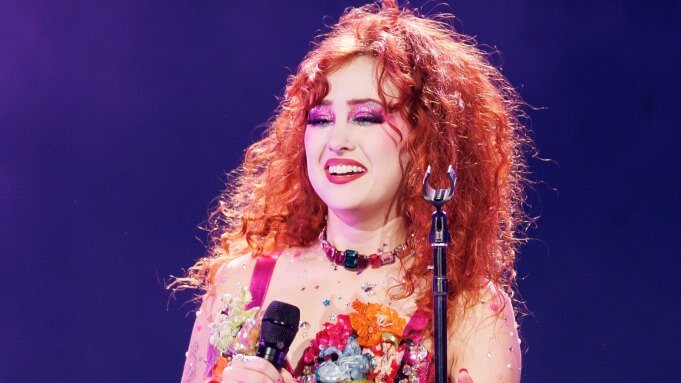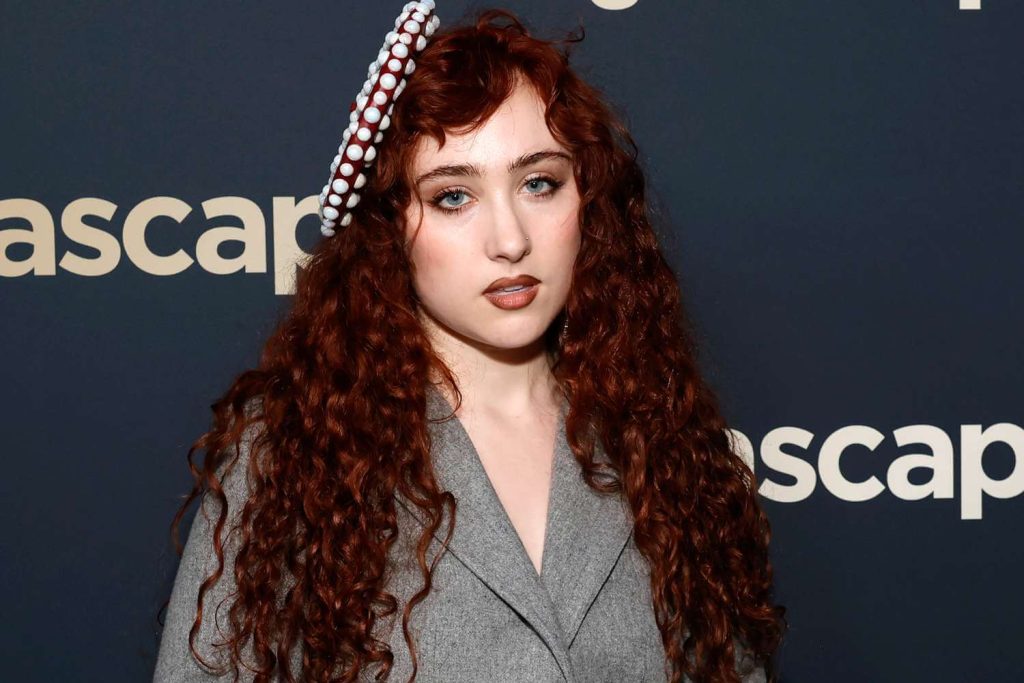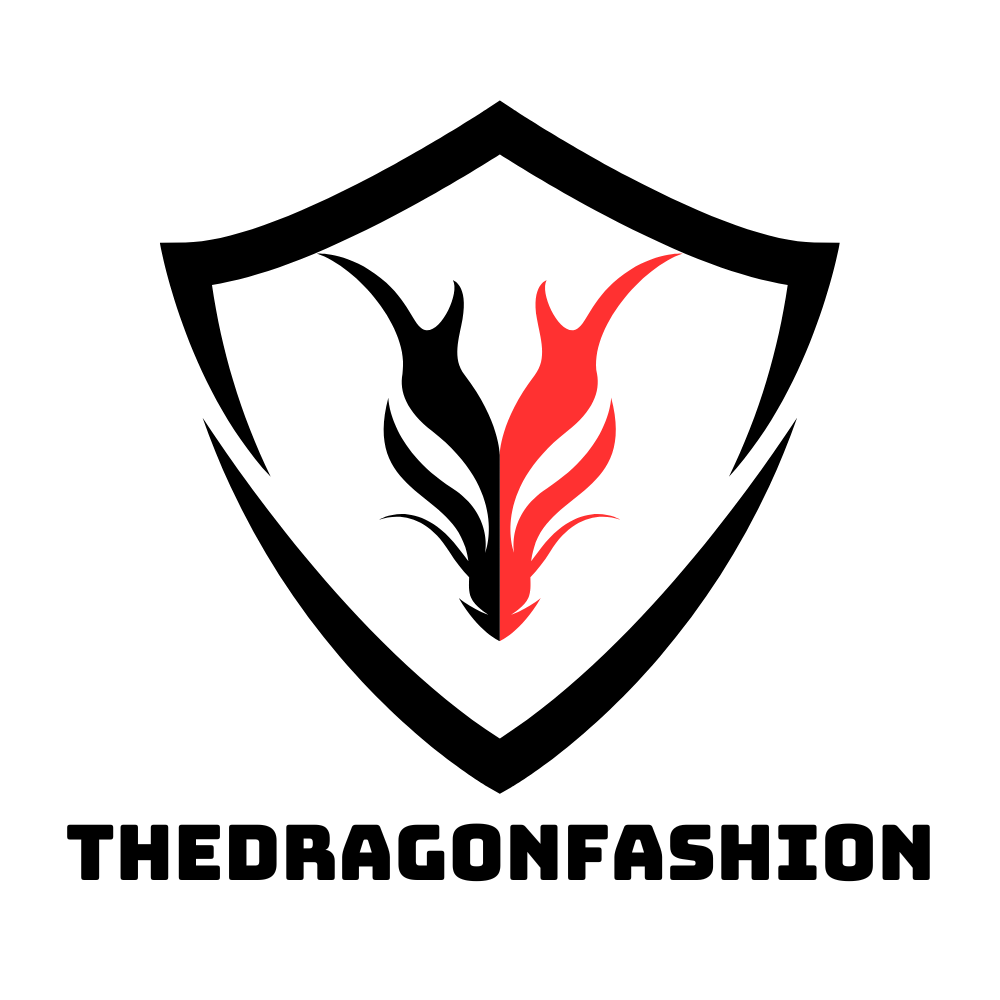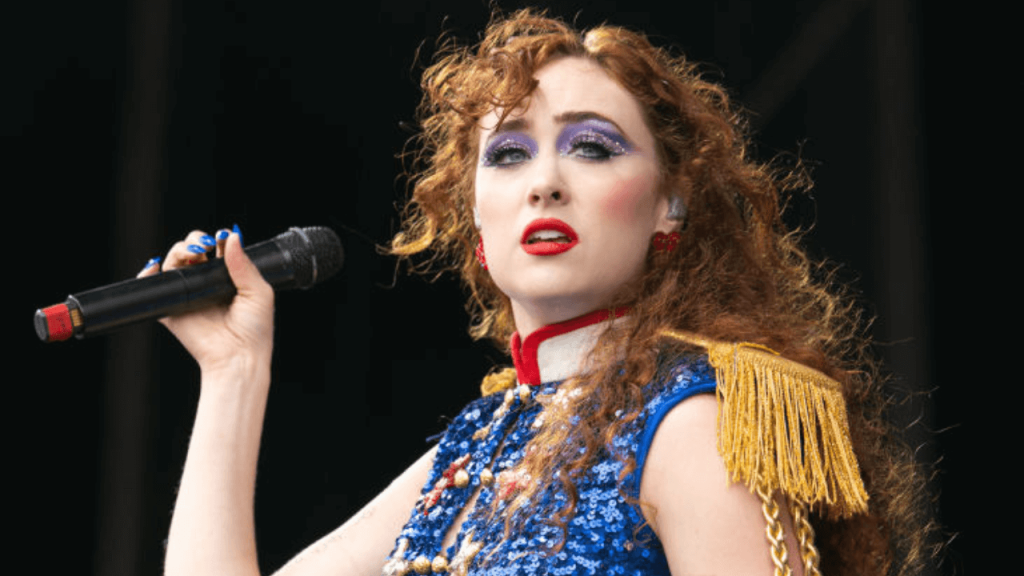World News
Chappell Roan’s Stand Against Creepy Fans: A Call for Respect in the Music Industry
1. Chappell Roan’s Rising Stardom and Unwelcome Encounters
Chappell Roan, a rising star in the music industry, has captivated audiences with her unique sound and powerful performances. As her popularity grows, so does the attention she receives from fans. However, not all of this attention has been positive. Recently, Roan has taken a bold stand against the inappropriate behavior she has experienced at the hands of certain fans. Her public call-out of these “creepy” fans has sparked important conversations about boundaries, respect, and the treatment of artists in the music industry.
Roan’s journey to stardom has been marked by her authenticity and vulnerability, traits that resonate deeply with her fanbase. Yet, the very openness that has endeared her to so many has also made her a target for unwelcome advances. At a time when she should be celebrating her growing success, Roan has found herself having to navigate uncomfortable situations that threaten to overshadow her achievements. The issue came to a head during a recent performance when Roan was subjected to inappropriate touching by some members of the audience. This incident, among others, prompted her to speak out publicly, urging her fans to respect her personal space and reminding them that she is not an object for their gratification.

Roan’s decision to address this issue head-on is significant. In an industry where female artists are often objectified and their boundaries disregarded, Roan’s voice is a powerful reminder that respect and consent are non-negotiable. Her courage in calling out this behavior highlights the challenges that many artists, particularly women, face in maintaining their dignity and safety while performing.
2. The Culture of Fan Entitlement: A Growing Concern
The inappropriate behavior that Chappell Roan has experienced is not an isolated incident but rather a reflection of a broader issue within the entertainment industry: the culture of fan entitlement. As artists become more accessible through social media and live performances, some fans develop a sense of ownership over them, believing they have the right to invade their personal space or dictate their behavior. This entitlement can manifest in various ways, from invasive questions and stalking to physical harassment, as Roan has unfortunately experienced.
The rise of social media has exacerbated this problem by blurring the lines between public and private life for artists. Fans are now able to follow their favorite musicians’ every move, often leading to a false sense of intimacy. While many fans are respectful and supportive, there is a troubling minority that feels emboldened to cross boundaries that should remain firmly in place.
Roan’s public condemnation of this behavior is a crucial step in addressing fan entitlement. By speaking out, she is not only protecting herself but also sending a message to other artists who may be facing similar challenges. Her actions highlight the need for a cultural shift, where respect for personal boundaries is prioritized, and the power dynamics between artists and fans are reexamined. It’s a call to action for both fans and industry professionals to foster a safer and more respectful environment for performers.
3. The Impact on Mental Health: Artists Under Pressure
The pressure to maintain a public persona while dealing with unwanted attention can take a significant toll on an artist’s mental health. For Chappell Roan, the experience of being objectified and harassed by fans is not just a physical invasion but a psychological burden as well. The constant vigilance required to protect oneself from such behavior can lead to anxiety, stress, and a feeling of vulnerability, which can, in turn, affect an artist’s performance and overall well-being.
Mental health in the music industry is a topic that has gained increasing attention in recent years, as more artists open up about the challenges they face. The demands of touring, the pressure to stay relevant, and the scrutiny of public life can all contribute to a fragile mental state. When compounded with the kind of harassment that Roan has experienced, the impact can be devastating.

Roan’s decision to speak out about her experiences is also a form of self-care, a way of taking control of the situation and asserting her boundaries. By doing so, she is not only protecting her mental health but also encouraging others to do the same. Her actions serve as a reminder that artists are human beings with the right to feel safe and respected, and that their mental health should be a priority, both for themselves and for those around them.
4. The Industry’s Responsibility: Creating a Safe Space for Artists
While Chappell Roan’s courage in addressing the issue of creepy fans is commendable, it also raises questions about the responsibility of the music industry in ensuring the safety and well-being of its artists. The industry has long been criticized for its failure to protect performers, particularly women, from harassment and exploitation. Roan’s experiences are a stark reminder that more needs to be done to create a safe environment for artists.
One of the key areas where the industry can make a difference is in the management of live events. Venues and promoters must prioritize the safety of performers by implementing strict policies against harassment and ensuring that security personnel are trained to handle such situations effectively. This includes taking immediate action against any fans who cross the line, whether through inappropriate behavior or physical contact.
Additionally, the industry should provide support for artists who experience harassment, including access to mental health resources and legal assistance. By taking a proactive approach, the music industry can help prevent incidents like those experienced by Roan and ensure that all artists feel safe and respected in their work environments. Roan’s story should serve as a wake-up call to industry professionals, prompting them to reevaluate their practices and take concrete steps to protect their talent.
5. The Path Forward: Advocating for Change and Empowering Artists
Chappell Roan’s decision to call out creepy fans is a powerful statement of self-advocacy, one that has the potential to inspire broader change within the music industry. Her actions highlight the importance of artists using their platforms to speak out against unacceptable behavior and advocate for their rights. In doing so, Roan is not only protecting herself but also paving the way for other artists to feel empowered to do the same.
The path forward requires a collective effort from artists, fans, and industry professionals alike. Fans must recognize the importance of respecting boundaries and understand that their favorite musicians are not public property. Meanwhile, artists should feel supported in setting and enforcing their boundaries, without fear of backlash or loss of support.
For the industry, the challenge lies in creating a culture of respect and safety that permeates every aspect of the business. This includes not only addressing harassment when it occurs but also proactively working to prevent it through education, policy changes, and a commitment to supporting the well-being of artists.
Chappell Roan’s stand against creepy fans is a reminder that the fight for respect and dignity in the music industry is far from over. However, by continuing to raise awareness and advocate for change, artists like Roan are helping to create a future where all performers can feel safe, valued, and respected in their work.
From thedragonfashion


